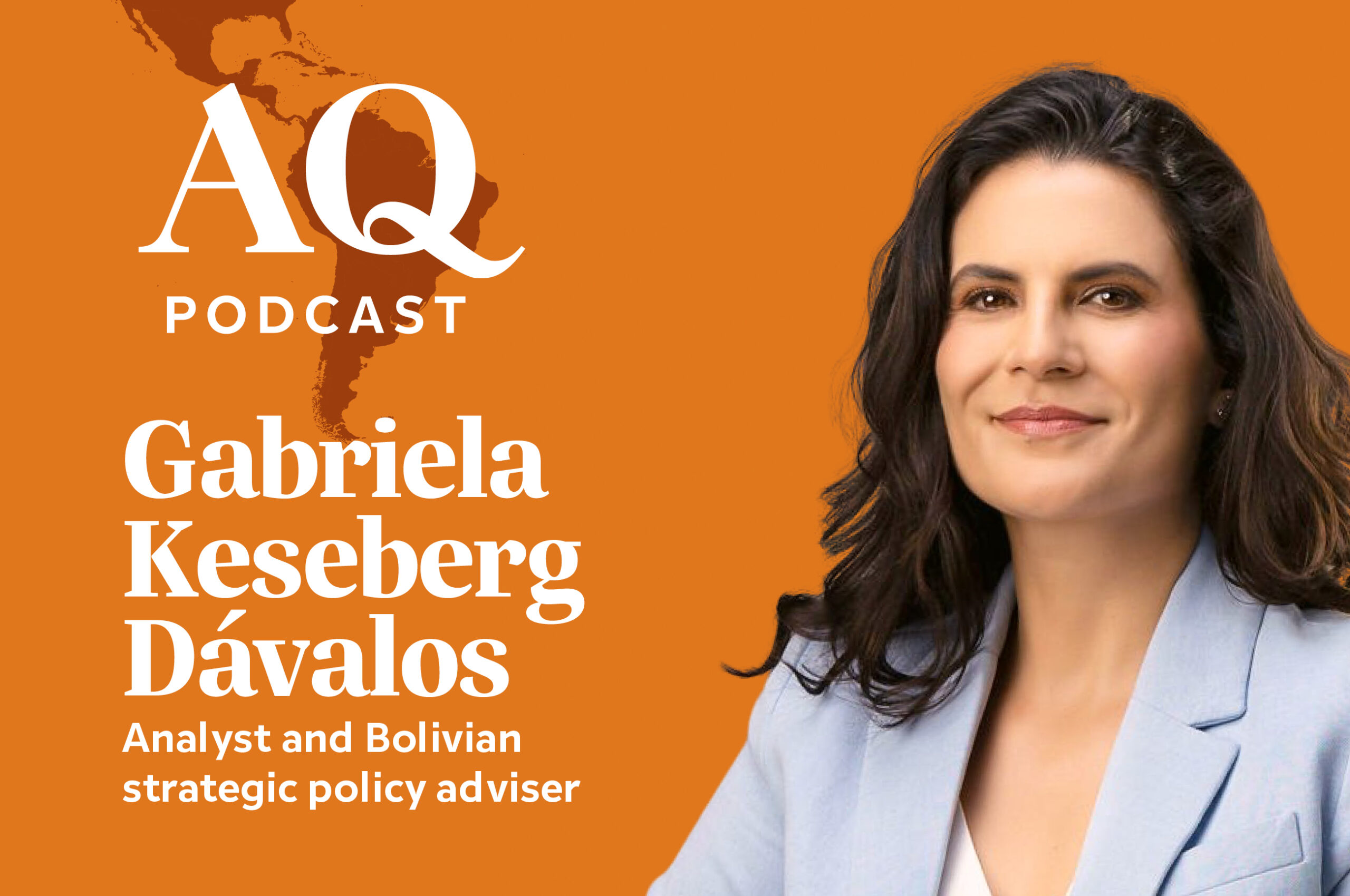Interview: Navigating Uncertain Trade Times
Interview: Navigating Uncertain Trade Times
As head of risk management at Volkswagen de México, José María Gutiérrez shares how he makes the right financial decisions in challenging times.
Volkswagen de México made more than 461,000 cars last year, up 11.2 percent from the year before. In the same year, the company exported more than 386,000 vehicles, or 15.6 percent than in 2016. These figures are a clear sign that Volkswagen is forging ahead, despite uncertainty surrounding trade wars, the North American Free Trade Agreement, and presidential elections.
As head of risk management at the company, José María Gutiérrez has the task of making the right financial decisions to help steer the company successfully through these challenges. In this interview, he shares his experience and knowledge about cybersecurity, technology, and innovation at one of Mexico's leading auto firms, as well as how the financial executive's role has evolved.
Q: What is Volkswagen de México doing in terms of cybersecurity?
A: We hire a third-party company that is in charge of protecting data, firewalls, and all related aspects of cybersecurity.
Something that is very clear to us and has been proven over the years is that cyberattacks or a virus don't necessarily come through a system or network, but through hardware. The attack or virus goes through the hardware, such as a router, and finds their way to the servers, and that's where it begins to cause damage. That's where our security provider comes in: they protect against those possible entries.
Q: What is the company doing in terms of innovation and technology for the financial department?
A: One of the main things that is happening in the financial industry is the integration of different systems. Normally, in managing the treasury, everything was done with several systems independent from each other. For example, one system for flow control and another for accounting.
Today, the integration of systems is far better, and this is a result in large part from new regulations. Authorities have introduced new regulations for electronic invoicing and digital certificates. This has forced us systematize the operation. Now, the whole process of issuing a digital certificate and verifying all the data can be done without any human input, and that same system can generate a proposal on how to best use your resources.
The goal of systematizing is to improve cash flow, even when it comes to international transactions. The system can recommend the best time to send a file depending on the receiving country's time zone, and that can make a whole day's difference.
It's not about moving towards one system, but connecting all your systems to one macro system so you can have reports and proposals, and from there, make the best decisions to manage your resources.
Q: How has the CFO's role evolved in your experience?
A: The evolution of a CFO's role has been very interesting over the years. It used to be that the CFO was seen as a banker or broker, someone who would manage the company's resources and recommend where to invest. Today the role goes far beyond. The CFO has become one of the most important analysts in a company, and as a result, a CFO is one of the final decision-makers when approving projects in terms of their financial productivity and foreseeing operational difficulties.
The role of the CFO has gone through so many changes, from the way we handle transactions at the Bank of Mexico, to paying taxes and customs. The CFO has to bring all of these factors into account in order to recommend the best steps to move forward with a new project or evaluate existing ones. For example, there are projects that look good on paper, but when you take into account issues with customs, resource management, and others, their risk level increases and they don't deliver the results you expected.
Q: What are the main challenges for CFOs today?
A: I think, at least for Mexico, there is one main challenge. We are headed into presidential elections and we also have the ongoing NAFTA renegotiation talks. This brings me to the topic of currency volatility. Nowadays, the changes in currency exchange rates don't depend so much on economic variables, but on the perception of the markets with regards to the levels of trust in business climate.
The main issue, and the one that becomes a challenge for a CFO in a company that operates with a foreign functional currency, is that when he she presents financial and tax statements in (Mexican) pesos, it creates a currency exchange profit that doesn't necessarily reflect the company's operations. The company can sell and receive payment in U.S. dollars, but it is also buying in dollars, and between the time of receiving a payment and making a payment, the depreciation of the peso creates a "profit bubble" in terms of local currency that isn't there in real or absolute terms. Today, one of the main challenges a CFO faces is controlling that currency volatility issue.
This interview was conducted by Latin Trade for Council of the Americas.








